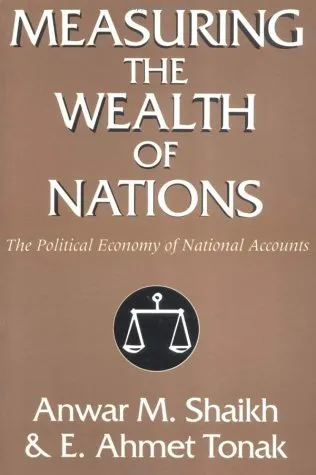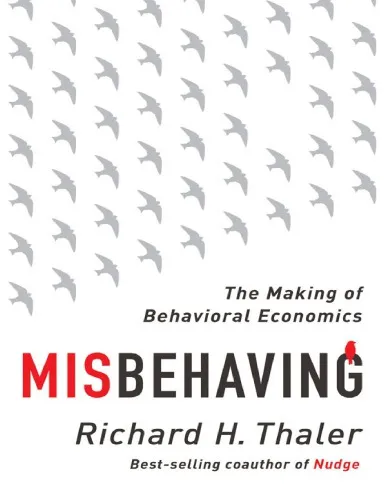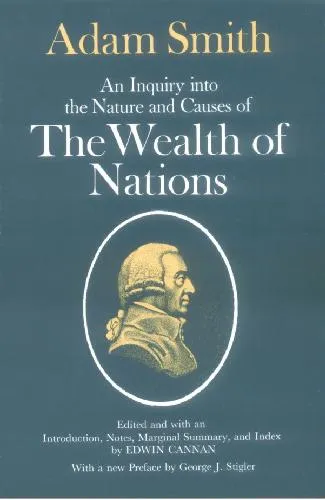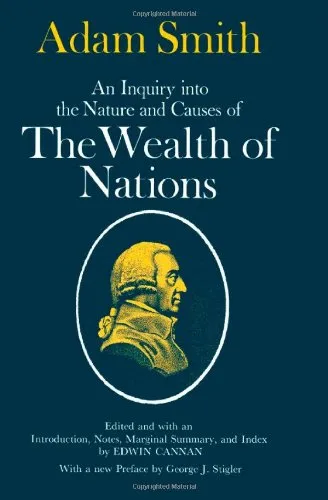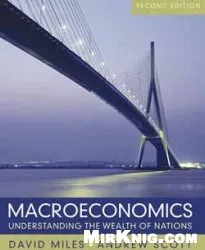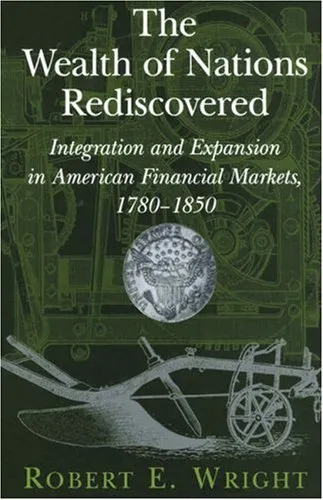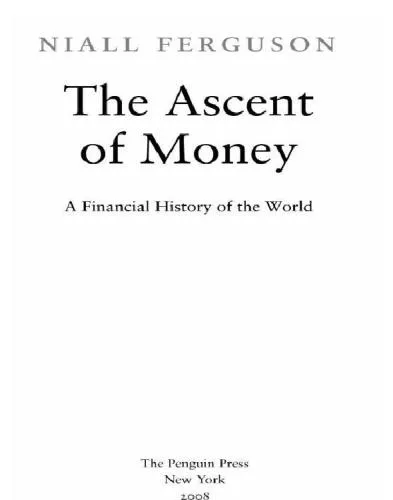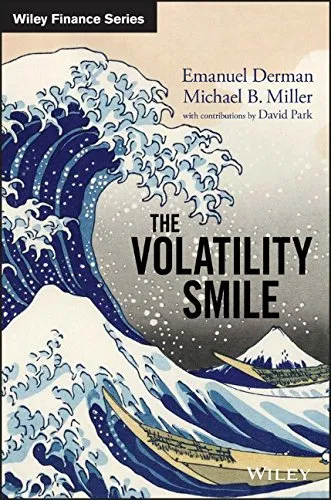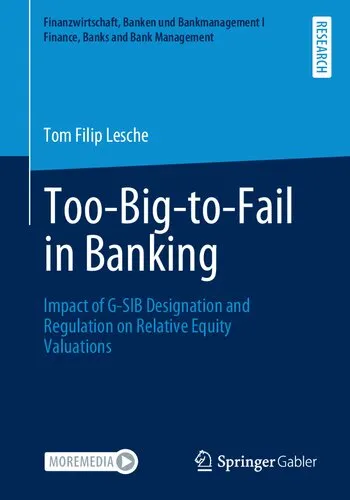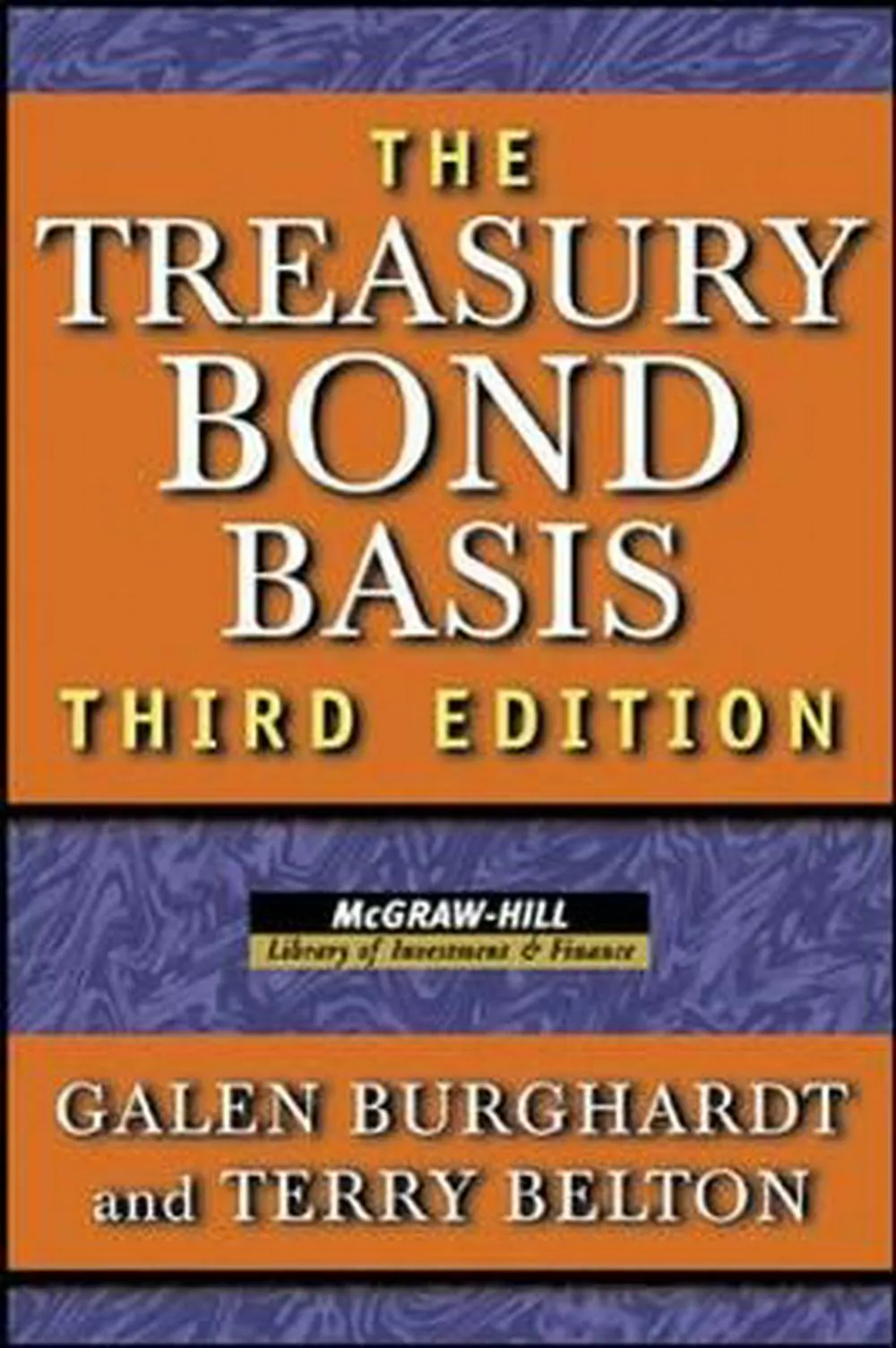Measuring the Wealth of Nations: The Political Economy of National Accounts
4.5
Reviews from our users

You Can Ask your questions from this book's AI after Login
Each download or ask from book AI costs 2 points. To earn more free points, please visit the Points Guide Page and complete some valuable actions.Related Refrences:
Welcome to the introduction of "Measuring the Wealth of Nations: The Political Economy of National Accounts," an illuminating guide through the intricate world of economics and national accounts. This book meticulously explores the theoretical underpinnings and practical applications of measuring a nation's wealth, aiming to demystify and critically analyze traditional economic measures.
Detailed Summary of the Book
The book "Measuring the Wealth of Nations" delves into the foundations of national accounting, questioning conventional economic metrics like GDP and exploring their profound implications on political economy. Authored by Anwar M. Shaikh and E. Ahmet Tonak, the book serves as both an academic resource and a critically reflective narrative about how wealth is measured and represented globally. It traces the origins of national income accounting, carefully assessing how these methodologies were formed and subsequently adopted worldwide.
Throughout the book, Shaikh and Tonak argue that traditional measures often overlook significant aspects of economic and social well-being. They propose alternative frameworks and methodologies that better encompass the economic realities of nations, providing a deeper understanding of how to navigate the complexities of contemporary economies.
Key Takeaways
- The book emphasizes the limitations and biases inherent in conventional economic measures like GDP, revealing how they fail to capture the true economic and social dynamics of a nation.
- Shaikh and Tonak encourage a comprehensive rethinking of national accounts, advocating for more inclusive and reflective measurements that consider social and environmental factors.
- The text provides a historical context of national accounting practices, illustrating their evolution and the political influences that shaped them.
- By dissecting traditional economic theories, the authors propose alternative frameworks for understanding and quantifying economic progress.
Famous Quotes from the Book
"Economic measures are not merely tools of analysis; they are active participants in the shaping of our world."
"What gets measured gets managed, but what matters most is often left unmeasured."
Why This Book Matters
"Measuring the Wealth of Nations" holds significant importance in today's economic discourse, especially in the era of globalization and rapid technological advancement. As societies grapple with economic crises, environmental concerns, and social inequalities, reliable measures of national prosperity are more critical than ever. This book not only challenges readers to question existing paradigms but also equips them with the knowledge to advocate for change in economic policy and practice.
The authors’ critical insights serve as a clarion call for economists, policymakers, and scholars to reevaluate the metrics that govern economic decisions. By offering a more nuanced perspective, this work facilitates a deeper understanding of economic dynamics, encouraging a shift towards measures that truly reflect the holistic well-being of nations and their citizens.
Free Direct Download
You Can Download this book after Login
Accessing books through legal platforms and public libraries not only supports the rights of authors and publishers but also contributes to the sustainability of reading culture. Before downloading, please take a moment to consider these options.
Find this book on other platforms:
WorldCat helps you find books in libraries worldwide.
See ratings, reviews, and discussions on Goodreads.
Find and buy rare or used books on AbeBooks.
1562
بازدید4.5
امتیاز0
نظر98%
رضایتReviews:
4.5
Based on 0 users review
Questions & Answers
Ask questions about this book or help others by answering
No questions yet. Be the first to ask!
